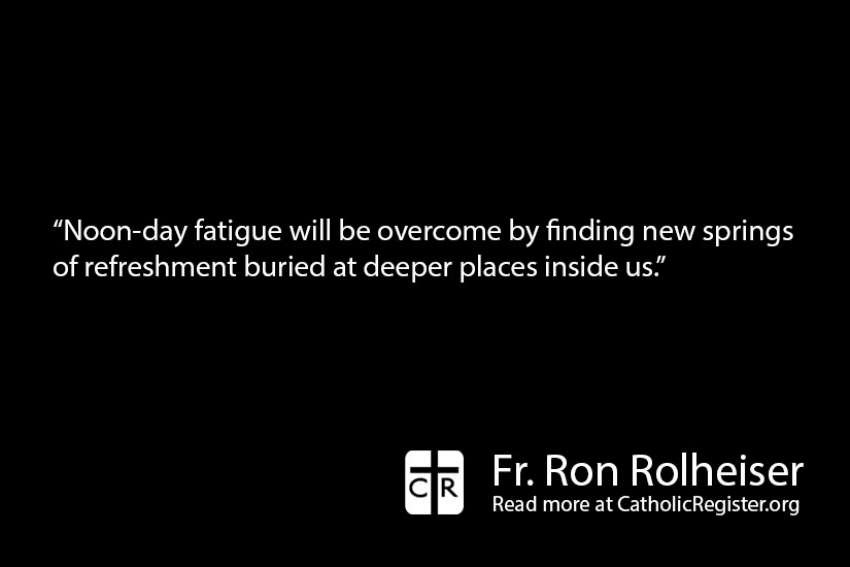That’s a complex question because Christianity expresses itself in communities of worship and in spiritualities that vary greatly across the world. For instance, just to speak of churches, it is difficult to speak of the Christian Church in any global way. In Africa, for the most part, the churches are young, full of young life and exploding with growth, with all the strengths and problems that come with that. In Eastern Europe the churches are still emerging from the long years of oppression under communism and are struggling to find a new balance and new energy within an ever-intensifying secularity.
Latin American churches have given us liberation theology for a reason. There the issues of social injustice and those advocating for it in Jesus’ name and those reacting against them have deeply coloured how Church and spirituality are lived and understood. In Asia, the situation is even more complex. One might talk of four separate ecclesial expressions in Asia: Buddhist Asia, Hindu Asia, Muslim Asia and a seemingly post-Christian Asia.
Finally there is still Western Europe and North America, the so-called “West.” Here, it would seem, Christianity doesn’t radiate much in the way of either youth or vitality, but appears from most outward appearances to be aged, grey-haired and tired, an exhausted project.
How accurate is this as a picture of Christianity in Western Europe, North America and other highly secularized parts of the world? Are we, as churches, old, tired, grey-haired and exhausted?
That’s one view, but there are other interpretations. Sigmund Freud and Karl Marx, along with many Enlightenment figures, saw Christianity as a spent project, its demise the inevitable death of childhood naiveté. But French philosopher and Jesuit Pierre Teilhard de Chardin saw things in exactly the opposite way. For him, Christianity was still “in diapers,” struggling still to grow in maturity.
Contemporary spiritual writer Tomas Halik, the recent winner of the prestigious Templeton Award, suggests still another picture. For Halik, Christianity in the West is undergoing a “noon-day fatigue,” a writer’s block, a crisis of imagination. In this, he is very much in agreement with what Charles Taylor suggests in his monumental study, A Secular Age. For Taylor, what we are experiencing today is not so much a crisis of faith as a crisis of imagination and integration. Older Christian writers called this a “dark night of the soul” and Halik suggests that it is happening to us not at the end of the day but at noon time.
My own sympathies are very much with Halik. Christianity, the churches and the spiritualities in Western Europe and North America aren’t old and dying, a spent project. Rather they are young, figuratively speaking only 21 years old with still some growing up to do. But, and here is where I agree with conservative critics, growth into that maturity is contingent upon us making some clear choices and hard commitments inside a genuine faith.
As any parent can tell you, there are no guarantees that a 21-year-old will grow to maturity. The opposite can also happen, and that’s true too for Christianity today. But, inside of faith and inside the choices and commitments we will have to make, it is important that we situate ourselves under the correct canopy so as to assign to ourselves the right task. We are not old and dying. We are young, with our historical afternoon still to come, even as we are presently suffering a certain “noon-day fatigue.” The task of the afternoon is quite different than the task of the morning or the evening. As psychologist James Hillman put it: “The early years must focus on getting things done, while the later years must consider what was done and how.”
But the afternoon years must focus on something else, namely the task of deepening. Both spirituality and anthropology agree that the afternoon of life is meant to be an important time within which to mature, an important time for some deeper inner work. Note that this is a task of deepening and not one of restoration.
Our noon-day fatigue will not be overcome by returning to the task of the morning in hope of refreshing ourselves or by retiring passively to the evening’s rocking chair. Noon-day fatigue will be overcome by finding new springs of refreshment buried at deeper places inside us.
(Fr. Rolheiser can be reached at ronrolheiser.com)


